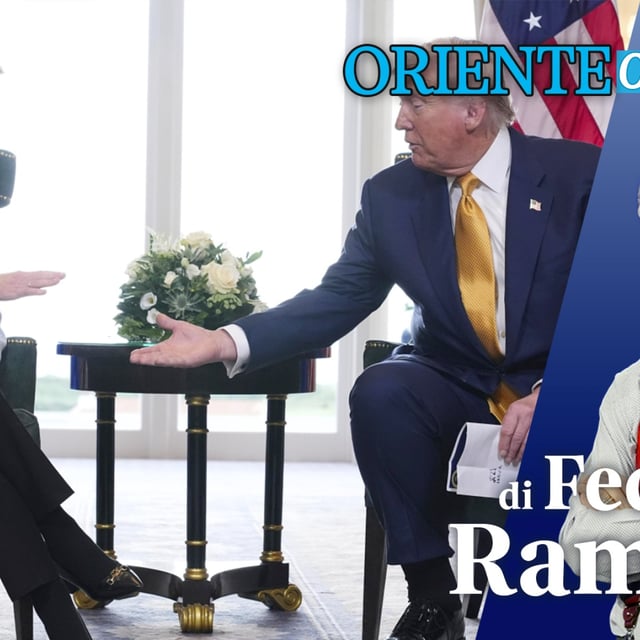Overview
- The agreement sets a uniform 15% duty on most EU exports including cars, semiconductors and pharmaceuticals; existing 50% tariffs on steel and aluminum will remain under a quota system that has yet to be defined.
- Under the deal, the EU will forgo all retaliatory tariffs on U.S. goods and commit to purchasing $750 billion of American energy and investing $600 billion in U.S. assets.
- Key high-tech and strategic sectors such as civil aircraft, advanced robotics and industrial machinery are exempt from the new U.S. duties.
- EU capitals remain divided over the deal’s asymmetrical concessions; critics such as Viktor Orban and François Bayrou decry submission to Washington, with defenders citing Commission figures that steeper duties could have imperiled nearly 5 million jobs.
- European markets and the euro reacted to concerns over the pact’s fragility, with stock indexes down and the currency sliding as uncertainty persists over final ratification and detailed implementation.



